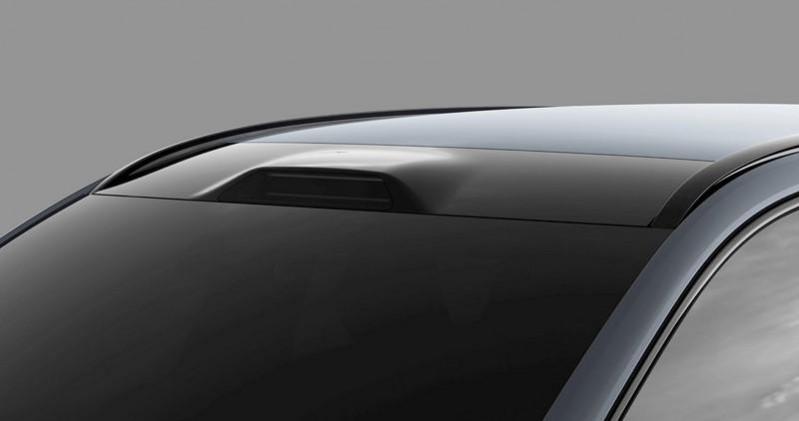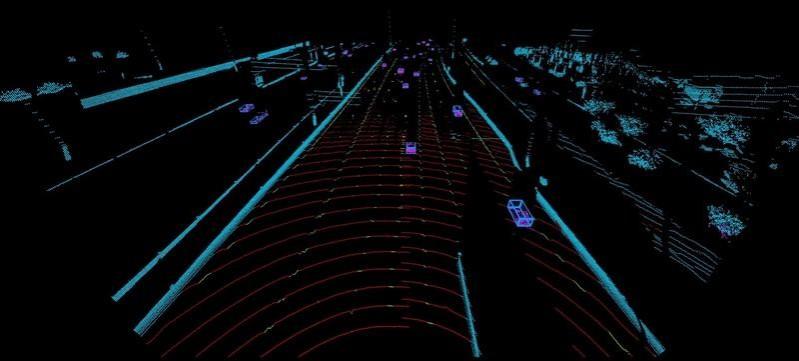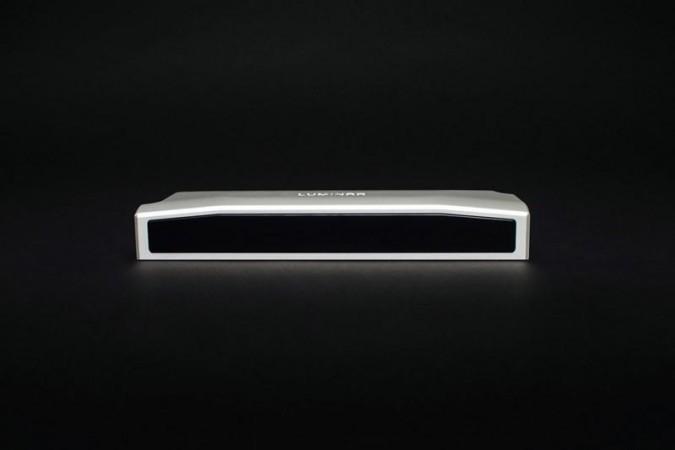Volvo has announced that it's partnering with tech firm Luminar to provide their industry-leading LiDAR (Light Detection and Ranging) and perception technology for Volvo's next-generation cars. The press release states that the partnership paves the way for future active safety developments, in addition to delivering Volvo's first fully self-driving technology for highways.

Currently, Volvo is using RADAR (Radio Detection and Ranging) based tech for the semi-autonomous features in its cars. The main difference between radar and lidar is that the latter uses laser light (millions of pulses per second), instead of radio waves, to detect objects. It's said that lidar detects objects more accurately by scanning the environment in 3D, thereby creating a real-time map without requiring internet connectivity. However, lidar won't make radar completely redundant in the next generation of Volvos, as you'll learn in a bit below.
"Autonomous drive has the potential to be one of the most lifesaving technologies in history, if introduced responsibly and safely," said Henrik Green, chief technology officer at Volvo Cars. "Providing our future cars with the vision they require to make safe decisions is an important step in that direction."
Volvo SPA 2
Volvo says that its next-generation, SPA (Scalable Product Architecture) 2, modular vehicle architecture will be available from 2022 onwards as 'hardware-ready', with the Luminar LiDAR seamlessly integrated into the roof. However, its Highway Pilot feature, which enables fully autonomous highway driving, will only be activated once it's verified to be safe for individual geographic locations and conditions. Also, to enable the Highway Pilot feature, Luminar's perception technology will be combined with autonomous drive software, along with the cameras, radars, and back-up systems for functions such as steering, braking, and battery-power installed on forthcoming Volvo cars equipped for self-driving.

"Soon, your Volvo will be able to drive autonomously on highways when the car determines it is safe to do so," said Henrik Green. "At that point, your Volvo takes responsibility for the driving and you can relax, take your eyes off the road and your hands off the wheel. Over time, updates over the air will expand the areas in which the car can drive itself. For us, a safe introduction of autonomy is a gradual introduction."
In addition to the Highway Pilot feature, Volvo Cars and Luminar are also exploring lidar's role in improving future Advanced Driver Assistance Systems (ADAS), with the potential for equipping all future SPA2-based cars with a lidar sensor as standard.

Volvo Cars and Luminar will together also ensure robust industrialization and validation of Luminar's lidar technology for series production. Volvo has also signed an agreement to possibly increase its minority stake in Luminar.
But, will David Hasselhoff be happy? Honestly, we don't know that yet. He should be if he's getting a chance to own something that will not only remind him of KIIT, but will be a lot safer than it too.








![India Auto Roundup: Maruti Suzuki, Mahindra have exciting launches in November [details here]](https://data1.ibtimes.co.in/en/full/805520/india-auto-roundup-maruti-suzuki-mahindra-have-exciting-launches-november-details-here.jpg?w=220&h=135)